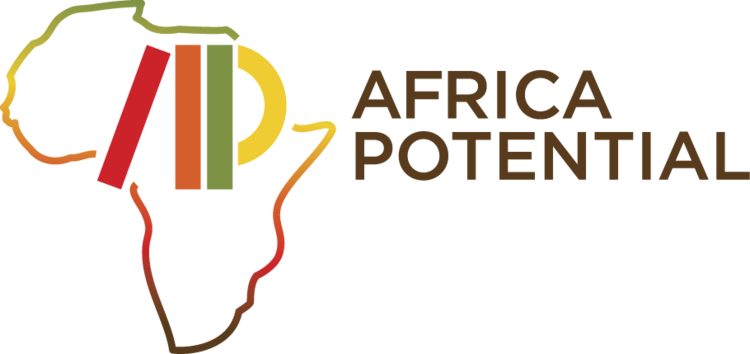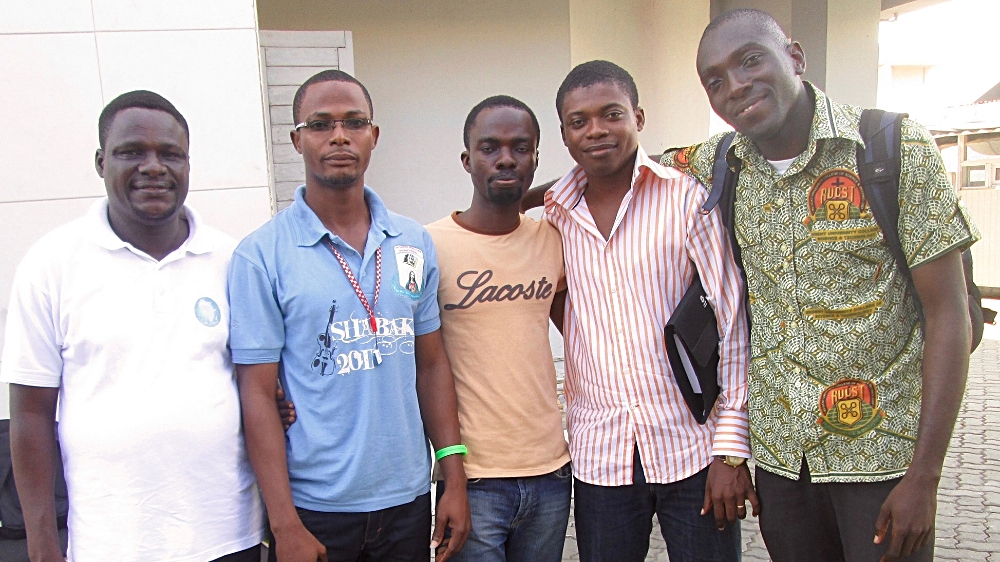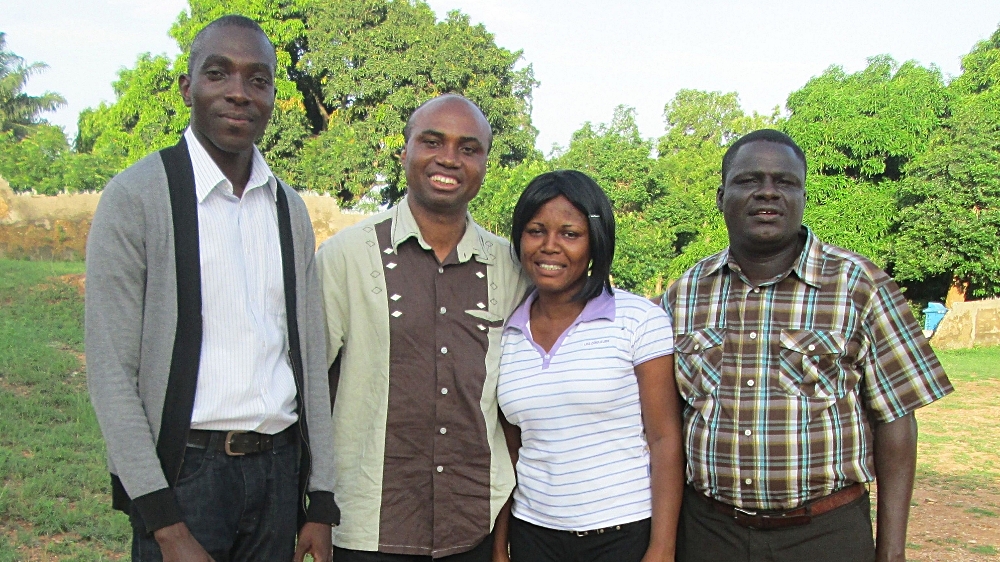The Africa Potential Journal
COVID-19 has put leadership to the test in an unforeseeable manner. Public and private sector leaders have seen a test of decisiveness, integrity, and managing people in a time of crisis.
Crisis at the forefront of leadership in geopolitics demands a steady personality, a dynamic leadership style, and authenticity to deal with intelligent people in the workplace more than at any other time in history.
In today's age of media buzz, an insatiable craving for the limelight and wealth is leading many to misconstrue the qualities of leadership.
Leadership is a buzzword at work, church and among peers these days. Many individuals are genuinely striving to be good leaders, while others blindly equate eloquence for good leadership.
The influence of social norms on the psychology of leadership is hard to imagine. Two cultural models, for the most part, stand in the way of leaders striving to excel in Ghana, my motherland.
Two notions of leadership come to mind as I reflect on the letter ‘J’ in my leadership alphabet. Some pursue leadership as a competition to the top of a social ladder. Leaders who employ this technique ruthlessly trample on others in total disregard as long as it offers an advantage in the race to the top.
On May 27, 2017, I was among thousands of British Airways passengers at London Heathrow airport whose flights were canceled due to system failures. Travelers looked relaxed as airport and British Airways officials managed the situation in the first couple of hours.
Today’s leaders often find themselves in a valley between irresponsible cheerleaders on the one side and a complacent populace looking for a Santa Claus to parachute all their needs on the other.
Crisis and scarcity of leaders abound as one scandal after another scar young talented individuals away from their ambitions to contribute in significant ways to society. The rise of ‘popularism’ is feeding the gullible with false hopes and eroding public trust in leadership.
Trustworthy and nontrustworthy leaders are magnified reflections of who they are in their private lives. Some leaders like to brag about their families, children and areas of life that colleagues often know little about.
It was January 1997 in Osijek in Croatia. I had left Accra (Ghana) as the Regional Director of Youth for Christ and Senior Pastor to study and serve in Croatia. The ceasefire agreement of the war between Croats and Serbs had taken effect, but the area remained volatile. It was cold and snowy.
Leadership must not be confused with a job title or wealth. ‘I manage a multimillion dollar budget!’ ‘I am the head of a big company with a large number of employees.’ These may be true, but are they the result of real leadership or merely a promotion?
If you had ten seconds to share one leadership quality that begins with the letter ‘B,’ what word would you choose? Best, brave or brilliant?
Success or failure of any enterprise rests on who is at the top. Leaders lead, make decisions and know that decisions have consequences. Leadership should not be reduced to a self-serving enterprise and neither should one be an obsessive people pleaser.
Africa is perhaps the richest with natural resources yet the poorest of all continents. The evidence its great potentials is found in the likes of Kofi Anang, Nelson Mandela, the doctors, professors, nurses, bankers, entrepreneurs or athletes we find in Western countries.
Filter
By Category
By Author
Africa News Updates
Feel free to browse through these outside resources about Africa:





















Leadership often begins with a manageable portfolio and resources along with laudable traits that need no significant adjustment to flourish over time. Thriving leaders birth growth; growth comes with size, and size has a tendency to come along with the gift of anxiety.